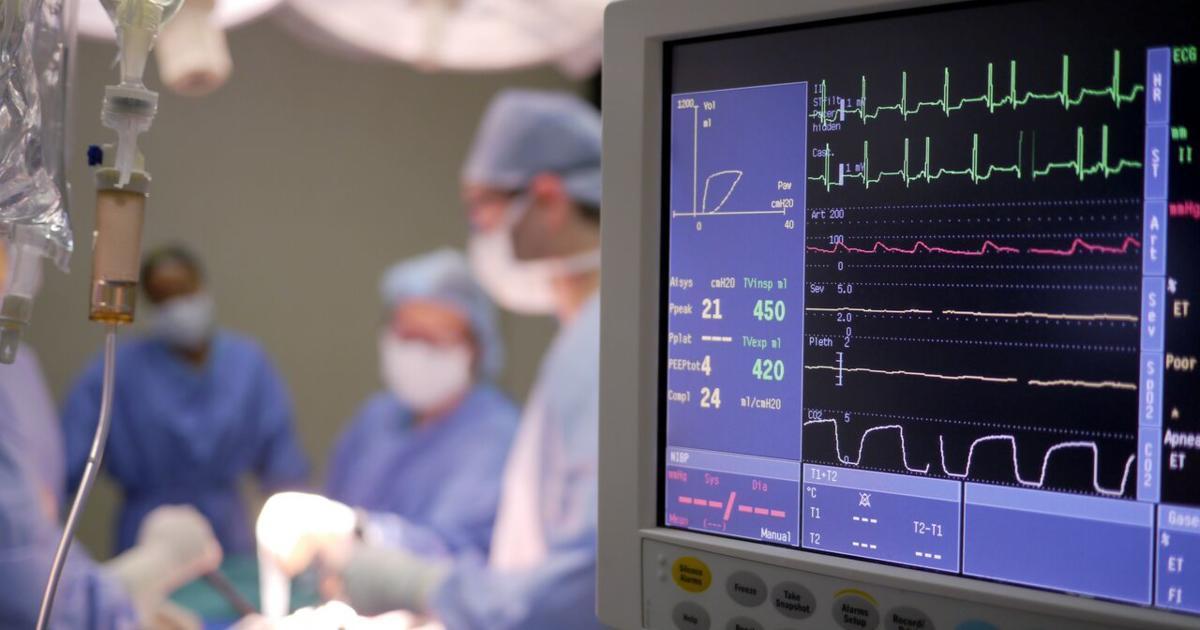Common Causes Of Wernicke-Korsakoff Syndrome
Gastric Bypass Surgery

Gastric bypass surgery is a surgery done to improve the weight loss outcomes of individuals considered morbidly obese or those who have detrimental health issues and are also overweight or obese. Essentially, the stomach is made smaller and then the excess part of the stomach is bypassed right to the small intestine. This inhibits the absorption of calories from some food, which induces weight loss due to a lower caloric intake. However, for the same amount of calories bypassed, the nutrients, including thiamine, are also bypassed and not properly absorbed. This means the only thiamine absorbed for use by the body would be from the very small portions of food that do not follow through the bypass pathway.
Wernicke-Korsakoff syndrome is not a very common complication following gastric bypass surgery, but it is a risk of undergoing bariatric surgery. Usually, the very first subtle symptoms of Wernicke-Korsakoff syndrome will begin around thirty to one hundred days following gastric bypass surgery.
Learn more about what may cause Wernicke-Korsakoff syndrome now.